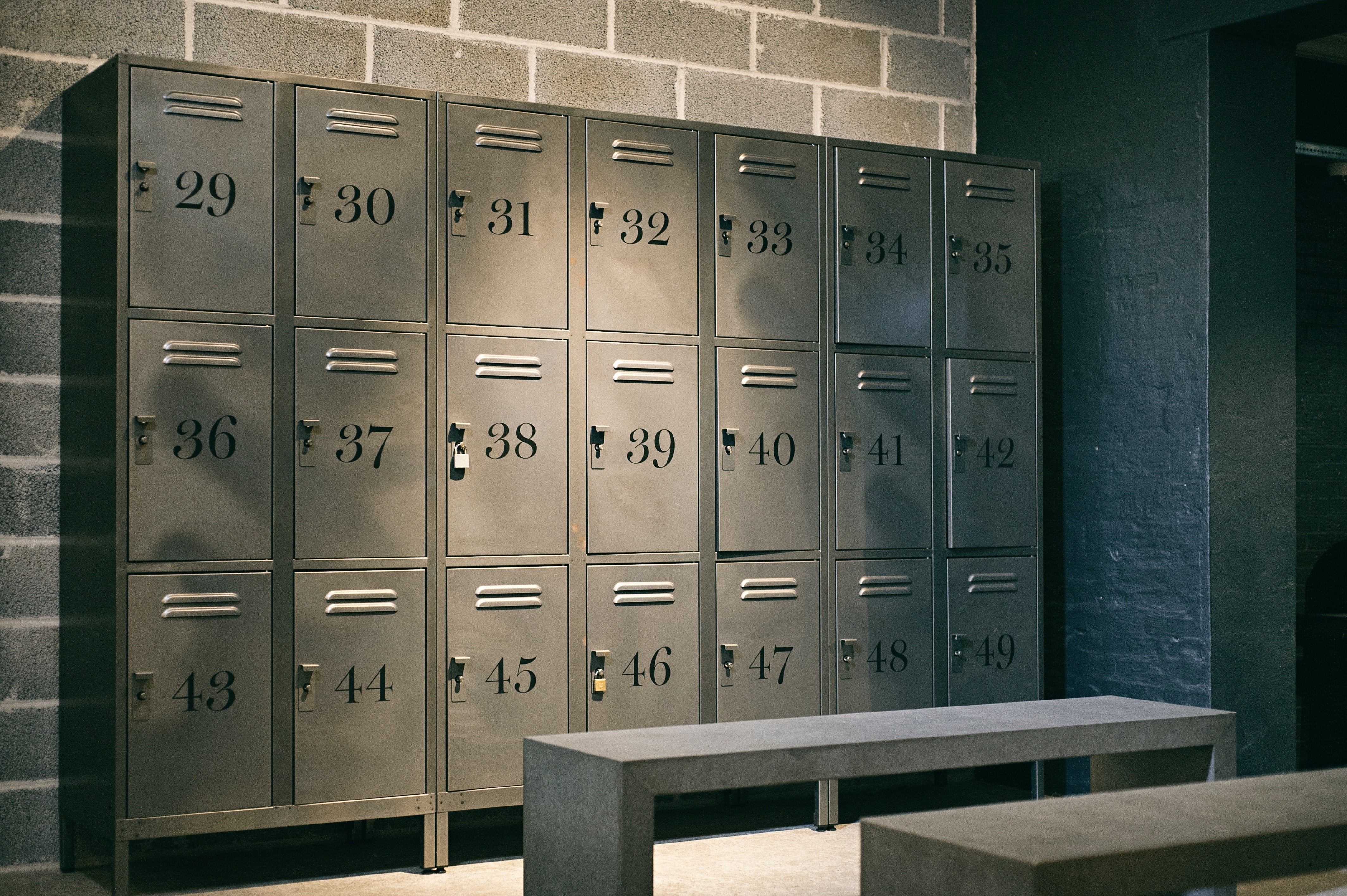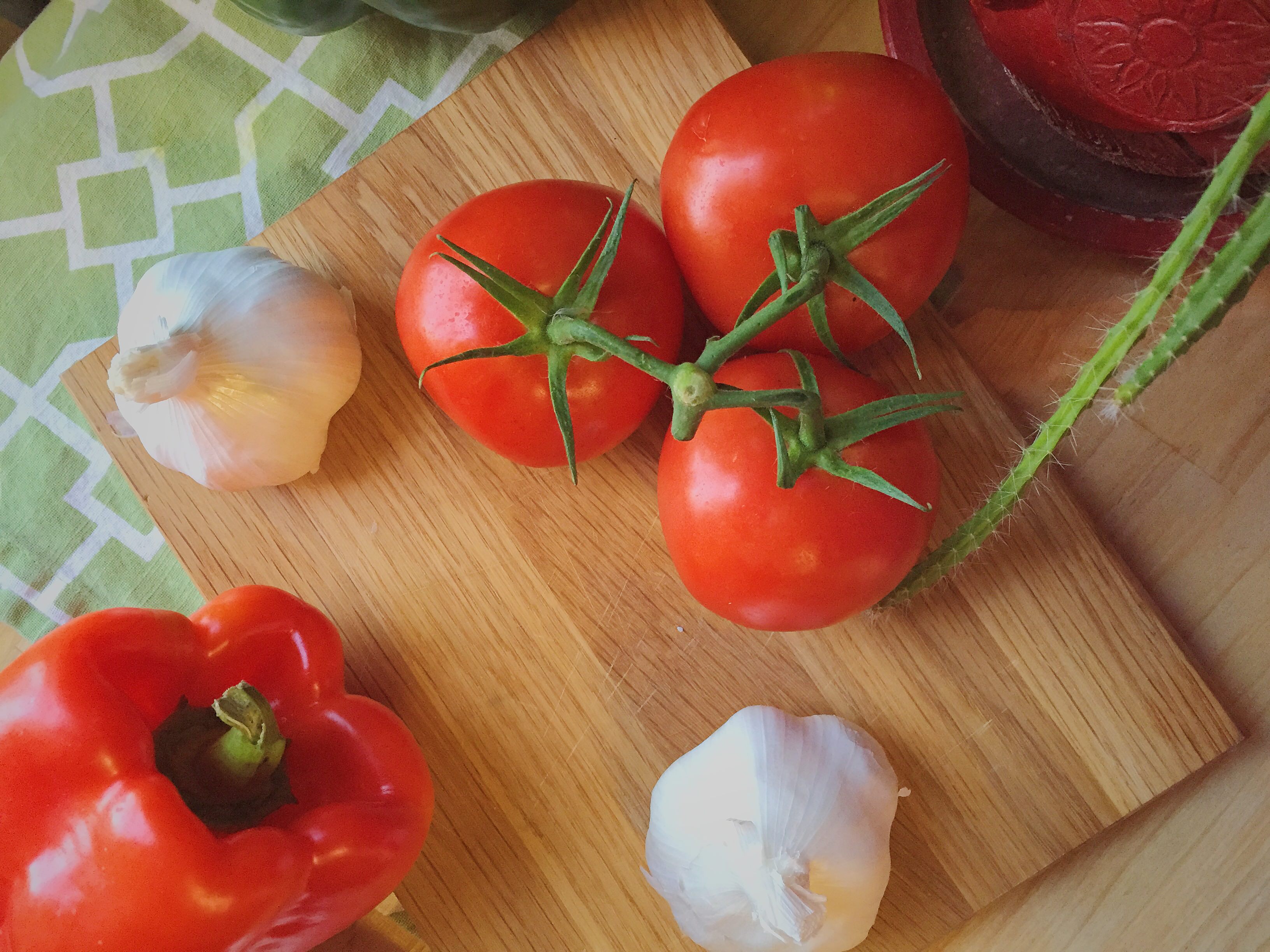Avoiding mirrors is surprisingly easy. You don’t even register their existence; your eyes just slide on past. You put up a block.
Any time you are unavoidably faced with one, you move on as quickly as possible, because all the mirror shows you is anxiety and shame. Every “not ___ enough” that’s ever attached itself to you glares out from that image: not tan enough. Not clear-skinned enough. Not skinny enough. Not tall enough. Not athletic enough. Not skinny enough, not skinny enough, not skinny enough—and then the second blow falls as you try to turn away. You’re not confident enough. Not feminist enough. Not spiritual enough to trust that this body is good.
How did this supposedly feminist idea of self-confidence become just another impossible quality on the list of things women “should” be, accomplish, perform? Who decided that after a lifetime of gaslighting and abuse, all we’d need to heal would be a poppy lipstick and a peppy media campaign?
I don’t remember a time before mirrors showed me shame on both of these levels: that I couldn’t make my body fit the ideal, and I couldn’t make my heart not care. When shame turned to anger, I turned that anger on myself. This seemed like a simple mind-over-matter problem: if I could only convince myself to believe a better story, I’d take back the mirror’s power, find some way to look into it with grace and dignity and joy.
But when I began to make peace with that too-true image, it wasn’t because I figured out the right tactics. I didn’t change my beliefs through sheer force of will; nor remind myself that others had bigger problems than mine; nor placed myself before the mirror constantly like some sort of self-administered exposure therapy.
Instead, I think things began to change the day I discovered I had a mind-in-matter problem—the day I learned that we are our bodies.
You are your body.
I am my body.
That is the day I began to live a better story.
See, the writers of the Bible didn’t believe in mind over matter. They believed, simply, in matter. To the ancient Hebrews, breath was life. Literally. Your “spirit”—the thing that makes you you, your life-force, is your breath.
They had little to no conception of an afterlife; just the grave. When they argued about eternity, they didn’t talk about heaven, but about resurrection.
The Hebrews knew, as science has only recently understood, that emotions begin in the body.
They understood that creation—the material world, the dirt and air and trees and skin and sweat and fat—was made by God, very good. Not as some sort of testing ground for our spirits or minds; as a work of art. Very good. As it is.
They believed no one exists apart from their body. All that careful Sunday School division between heart and soul and body? Completely read into those texts from our modern viewpoint, inherited from the Greeks.
And because you, according to the Hebrews, are one thing, not hard to pin down, you are just the you that exists at the intersection of your body and breath—because of that, faith for them is not something you believe, it is something you do. It’s not an idea or an old story but a living, immediate thing; it is the way you encounter the world and the choices you make in light of the things your community knows about God.
And so faith that this body is good is not a mind game or a happy feeling, but a choice to inhabit this skin as if it were actually a very good home.
My body was never an image in a mirror, something to look at from someone else’s perspective and pass judgments over. My body is this right-here self, this beating-heart-bundle of today’s emotions and sore muscles—and it exists to worship God like the rest of creation, just by its very existence, exactly as it is. I exist to fill up these lungs, feel through these nerve endings, stretch out these limbs to touch my beloveds, just as much as I exist to think profound thoughts or pray pretty prayers.
I’m not afraid of mirrors anymore, because when I see this body, I see a very good self. If this body is my God-breathed self, the very idea of others’ expectations for us is incoherent. I’ve learned that my body has its own will, once I stop trying to submit it to strangers’. I’m not afraid anymore because when I look in the mirror, I’m no longer encountering myself by surprise, but greeting the fond familiar. I’m living as my body, experiencing myself as matter, loving and being with all of me.
I came here to tell you this whole summer—on the blog, on Instagram, on the Justice and Joy email list—is going to be a manifesto on prayer and self-love, leading up to the release of my guided journal, Making Friends With My Body and God. It’s about how choosing to inhabit our God-given flesh can be a prayer, one that in turn helps us breathe God’s wholeness and shalom into this fractured world.
Because even as my life is moving me slowly and steadily into activism-world, prayer and self-love only become more central to my daily life. The further outward I look in my hopes of making change in this world, the further inward I travel in hopes of staying grounded, humble, and joyful, with God in it all. And the more clearly I see that each one of us has the chance to ripple out love and peace in our own radical way, starting with that inner work.
Besides, if politics is about the organization of bodies, don’t activists deserve to feel at home in ours?
It took years, years of chronic illness and biking through snow and dealing with my weird purity culture hangups. There was quitting caffeine after 10 years of daily coffees, some backpacking in the mountains, my feminist rage at the medical industry, the crippling loss of gluten in my life. And there was a lot of awkward, uncertain, probably-wrong prayer. A lot of fighting and tears, and trying-too-hard and being-too-mad-to-try-at-all, before I came to the quiet places where God whispered to me about how to sit down in my soul, give up control, wait, accept, listen, be.
Oh, and also there was more feminist rage.
Some of those stories are in my book, and some of them aren’t. Maybe some of them will make appearances along the way of this summer’s launch (subscribe to that email list, friend!). Maybe some of them still belong to my body, who hasn’t released them yet.
But what’s most exciting to me is that your story is going to be in this book. It is part essay, part illustration, part Scripture meditation—and it’s a guided journal. It is full of questions and space for scribbles and notes; and each chapter centers on a practice you can use to try this whole embodiment thing. This whole hello-to-myself thing. This God-is-here thing.
It’s never been mind-over-matter. It’s never been you against yourself. Your body is one of your greatest sources of wisdom and strength, and that’s why this world has turned it against you for so long.
It’s time to let go of the stories about what’s wrong with you, and live into a story about what is true: that you are very good. You’re allowed to do it one day at a time. We can do it together.
The days of avoiding mirrors are numbered.
P.S. If you’re as excited about this scary, thrilling, absurd, daily, subversive journey as I am (NOT POSSIBLE, BTW), make sure you sign up for the email list. And the book is looking for a launch team to help share it with the world—if you want an early, discounted, signed copy, send me an email, DM, or comment here (ASAP). I’ll be reading and journaling through the book with the launch team and I would love to see you there!
 The middle school locker room. The other 99% of the day, I could generally pretend not to have a body, but in the fluorescent seventh-grade gym, there we all just…were. I remember my routine: find a corner, try to shrink, change as fast as possible, wear an indifferent face so no one will think you’re a baby. Make an exit. Breathe again.
The middle school locker room. The other 99% of the day, I could generally pretend not to have a body, but in the fluorescent seventh-grade gym, there we all just…were. I remember my routine: find a corner, try to shrink, change as fast as possible, wear an indifferent face so no one will think you’re a baby. Make an exit. Breathe again.